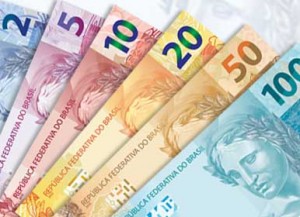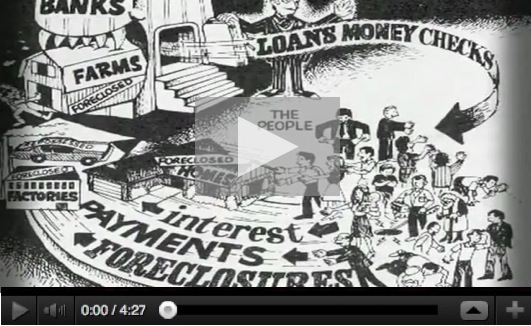A World Without Money
I was tagged today in a friend's Facebook post. He wrote: "I read an article about this lady who has lived 16 years now without money. This made me think of a friend Darren Overby who I could see doing this very same thing if he wanted. He is that resourceful." Thanks for the compliment, Dave. Although, I once lived in Europe for two years with only $1600, the kindness of strangers, and a lot of thinking outside the box - I have never truly lived without money at all. But I do think about this a lot and frequently wonder if the world would be a better place without the psychological constraint of money. Ok, right now you're probably saying, “psychological constraint? How is money constraining?" Well, while it's true money is definitely one way to obtain the things we want and need (food, shelter, comfort, security etc.), it also psychologically constrains us to think money is the ONLY path toward obtaining the things we need. In other words, it prevents us from thinking outside the box.
A Woman Who Lived 16 Years Without Money
I told my friend Dave, I would provide him with some links to videos and information I find intriguing about my understanding of money. First though, for those of you that are new to this conversation, I recommend viewing the above video for background on what we are talking about. Honestly, I saw this video and it made me want to invite Heidemarie Schwermer for a free stay at my hostel in San Francisco. I'd even try to pay for her airline ticket. I believe there is so much I can learn from a wise experienced woman like this. Here are the links:
How to Trick People into Stopping Inflation
The interesting thing I find about money is the mass psychotic effect it has on people. Very few people understand how money works, yet we all blindly follow the traditional economic folklore we were born into. A dollar has value because we are told it has value. However, if all the stores closed one day, could you eat that dollar? One of my first awakenings about money happened when I heard this podcast on NPR. About 20 years ago in Brazil, the country was facing rampant inflation. The inflation was started when the government started printing money to pay for things. However, even when the government realized the error of it's ways and stopped printing money, inflation continued to soar. It was so bad people immediately spent their entire paycheck as soon as they received it, because by the next month prices would have nearly doubled due to inflation! Brazilians had absolutely no faith in their currency and there was a sort of mass hysteria about the devaluing of their currency. Then (this is the part that's unbelievable to me) four college drinking buddies played a trick on the people of Brazil and got the inflation to stop. Now their money is one of the most stable currencies in the world. Listen to this amazing podcast here: How Four Drinking Buddies Saved Brazil.
How Money Works in the U.S.
Still with me, Dave? Want to go even further down the rabbit hole? Ok, ever wonder how money works in the U.S.? Frequently we hear about the government "Printing Money" to pay for it's operating expenses. Actually the government itself doesn't print money. Instead it borrows this money from the Federal Reserve. The government prints bonds (aka IOU's) and gives them to the Federal Reserve and then the Federal Reserve gives the goverment Federal Reserve Notes (aka money). This is all known as the "fractional reserve banking system". So what or who is the Federal Reserve Bank anyway? Well, it's not the government. If you look up Federal Reserve you will see that it's privately owned and the investors are private banks! In other words, when the government needs money to, say.... bail out some failing banks (see TARP fund); it borrows money from the Federal Reserve (aka the big banks) to bailout banks. Seems wrong, doesn't it? Especially when you understand who pays the interest on that debt? We do! In the form of higher taxes. This is the sentiment, I believe, is behind the Occupy Wall Street movement. See an excerpt from the "Zeitgeist the Addendum" movie above for a better explanation than I can provide here.
Sorry if this post is a little Soap Boxy. This blog post is definitely a divergence from travel writing. But it's something I have a lot to say about. I didn't even get to the other things I would like to talk about someday. In future blog posts I'll write (if people are interested) about How to Work Your Way Around the World (don't worry Susan Griffith, I'll give you credit), The Venus Project, The Farce of GDP for Calculating Wealth of a Country, and More Ways to Open and Close your Mind with Money. Oh yes, and if people want to hear how I spent two years in Europe on $1600, I'll write that up too.
Thanks for watching.


